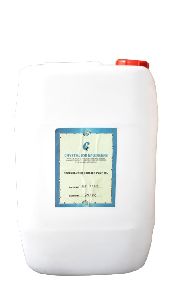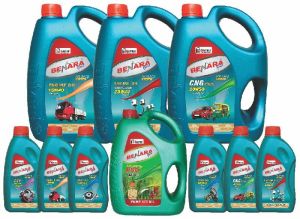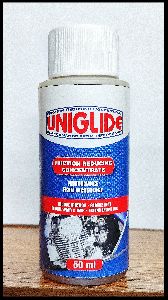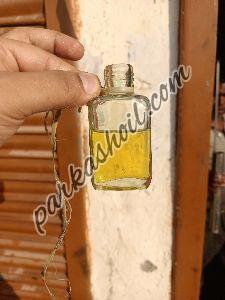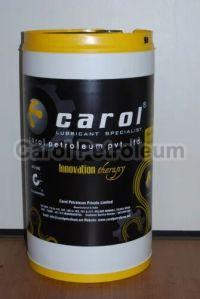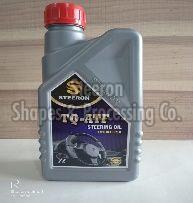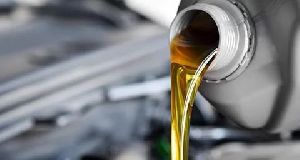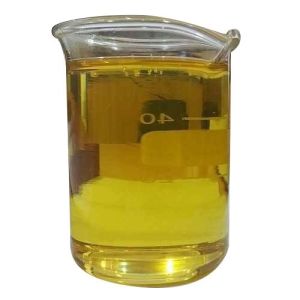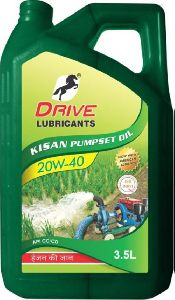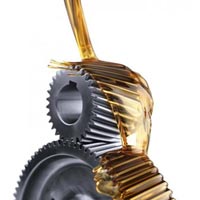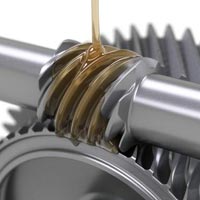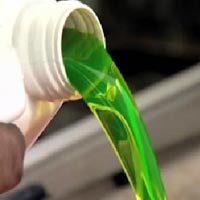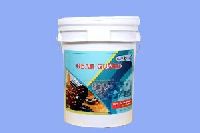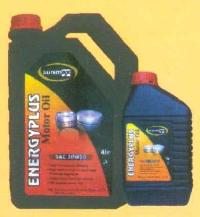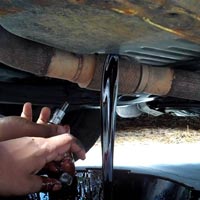Listing ID #190406
Company Information
Ask for more detail from the seller
Contact SupplierK Corporation is recognized as a reliable Lubricant Oil Manufacturer, Exporter & Supplier. Using the latest technology and prime grade raw materials, we manufacture the Lubricant Oil which is known all across the industry for its superior quality and efficient performance. Our Lubricant Oil increases the performance of the vehicles and machines in which it is used and is available at market leading prices.
Note : Kindly make a PDF file for the highlighted information and upload on Website
Role of Lubricants :
Cools hot areas of an engine and moving parts, To reduce friction : improving engine efficiency and reducing fuel consumption To protect mechanical parts against wear and corrosion : guaranteeing long life and efficiency of the engine.To keep the engine clean : guaranteeing long engine life and keeping all engine parts in a good and clean condition, while evacuating any impurities to the oil filter and through oil changes. Additives also make a contribution, especially with detergent and dispersant additives, the additives fight humidity and corrosion.
Check Your Oil :
Remember to check your oil about every 1000 km. Make it a habit before every long journey.
The optimal oil level means :
You increase your engine's efficiency and cut fuel consumption.You reduce premature wear of engine components.You inhibit the formation of deposits and limit the development of corrosion.You reduce harmful emissions into the atmosphere.Choosing the right oil is important for the performance and the life of your engine.
Your oil consumption depends on :
Your type of vehicleYour style of drivingThe mechanical condition of your engineThe weather condition- if your oil consumption is more than 1 litre of oil per 1000 km, you should contact your garage
How to do?
Check your oil on level ground. Wait at least 5 minutes after switching off the engine.Remove the dipstick Wipe it. Replace and wait a few seconds before removing it again Check the level with reference to the MIN and MAX marks. You should add oil if the level is below the MAX mark. Add the oil a little at a time Recheck the level and repeat the operation until it reaches the MAX mark. But don't go above it! Replace the dipstick.Recheck your oil level about every 1000 km. And have a good journey.
Understanding the Lube Label 1 :
Viscosity : The information on viscosity describes the behavior of a lubricant when the temperature changes. When hot, the oil becomes more fluid; it flows more easily. In the event of city or leisure driving, or when the air temperature is high, the engine experiences high temperatures that accentuate the phenomenon. It is therefore important to use oil that remains sufficiently viscous when hot to protect the engine. This property is measured with the S.A.E. specification.Base oils : Performance and characteristics differ from one lubricant to another, the only thing they have in common is that they are have a principal ingredient called a “lubricant base", which represents 75 to 85% of the oil and which may be of mineral (petroleum) or synthetic origin.Type of engine : Indication about the type of engine (gasoline engine or diesel engine)Manufacturer certification : After having been tested for efficacy, the better part of our lubricants are certified by manufacturers of :AutomobilesMachinesToolsHeavy VehiclesNorms : The specifications API and ACEA are the sign of quality recognized by many manufacturers. Certain manufacturers, however, add their own requirements. When choosing your oil it is important to consider the manufacturers' viscosity (SAE grade) and performance (ACEA and API standards) requirements.
About Used Oils :
Used oils are divided into two categories :
So-called clear oils, of industrial origin and little deteriorated in use, which can easily be regenerated through a simple purification process (filtering andor centrifugation).So-called dark oils, mainly originating from automotive lubrication, which have been subject to severe thermal and mechanical conditions, under which they have been loaded with metals and combustion residues and oxidized.Neither of these oils should be confused with used soluble oils and other aqueous machining fluids, or vegetable frying oils, or water-hydrocarbon mixtures for which entirely different methods for collection and disposal are used.
Are used oils hazardous for the environment?
Used oils are only slightly biodegradable; their disposal in the natural environment is therefore hazardous for natural systems. Example: used oils thrown into any water body will reduce the amount of oxygen available for the flora and fauna.
What Must NOT be done with used oils :
Never throw used oils in waste traps, waste fills, gutters or drainsNever use them as a -killerNever use them for protecting woodworkNever use them as heating fuels.
How should you store your used oils?
Leak proof facilities should be available for storing your used oils while awaiting their collection. These facilities should be easily accessible to vehicles responsible for collecting these oils.
How do you get your used oil collected?
You should hand over used oils to :
An approved recycler,Or to an approved waste recycling center,Or to an approved final disposal agent.
How can I reduce the volumes of used oils I produce?
The lubricant quality is highly related to the volume of used oils that is generated. Accordingly, Keskol Lubricants has developed high quality lube oils which provide longer periods between oil changes, and so an actual reduction in the production of waste oil.
What happens to used oils after collection?
Used oils, after collection, may follow different routes for their treatment :
Clear used oils are mainly recycledDark used oils are either regenerated, or incinerated in cement works, or burned in specialized centers (for energy recovery).
Safety measures with Lubricants :
Under normal conditions of utilization, lubricants do not present any particular risks. However, in the case of an incorrect handling or accidents, hazards for the health may occur.
Norms and specifications :
Viscosity :
The SAE (Society of Automotive Engineers) grade determines an oil's fluidity at high and low temperatures. Oil must still do its job efficiency whatever the external conditions such as temperatures between -30°C and +40°C. For example, Total quartz INEO ECS's SAE grade of 5w30 indicates the figure 5 for the oil's behavior at low temperature and the figure 30 for the behavior at high temperature. This method is used for the other oils: the figure before the W (Winter) represents the oil's low temperature behavior and the figure following the W represents the high temperature behavior.
Performance :
The API (American Petroleum Institute) standard classifies the oils according to various criteria such as detergency, wear resistance, anticorrosion etc., and according to their uses and their performance. When the oil is destined for a petrol engine the letter S is used, for a diesel engine the letter C is used. The more advanced the following letter in the alphabet, the higher the quality of the oil. For example, for a petrol engine, among the designations API SE, API SF or API SH, it is API SH which will be of better quality.
The European Automobile Manufacturers' Association has developed a standard under its name ACEA and which takes the form of a code (categoryclass). There are three ACEA categories: two for light vehicles (category A or B for Petrol or Diesel engines and category C for Petrol and Diesel engines meeting the Euro 4 standard), one for industrial Diesel engines more specifically destined for Trucks (category E).
The "Euro" standards :
European Community standards specifying maximum limits for vehicle pollution emissions have appeared since the beginning of the 1990s. These increasingly severe standards have successively been called Euro 1 (1993), Euro 2 (1996), Euro 3 (2000), Euro 4 (2005) and Euro 5 (planned for October 2008).
To constantly improve air quality the Euro standards take several factors into account when evaluating a vehicle's pollution (the level of carbon monoxide and of the different nitrogen oxides, the fine particle emissions, etc.)
The Euro standards must be directly applied by the automotive manufacturers. Thanks to its environmental policy, Total Lubrifiants is committed to developing oils which meet these standards.


